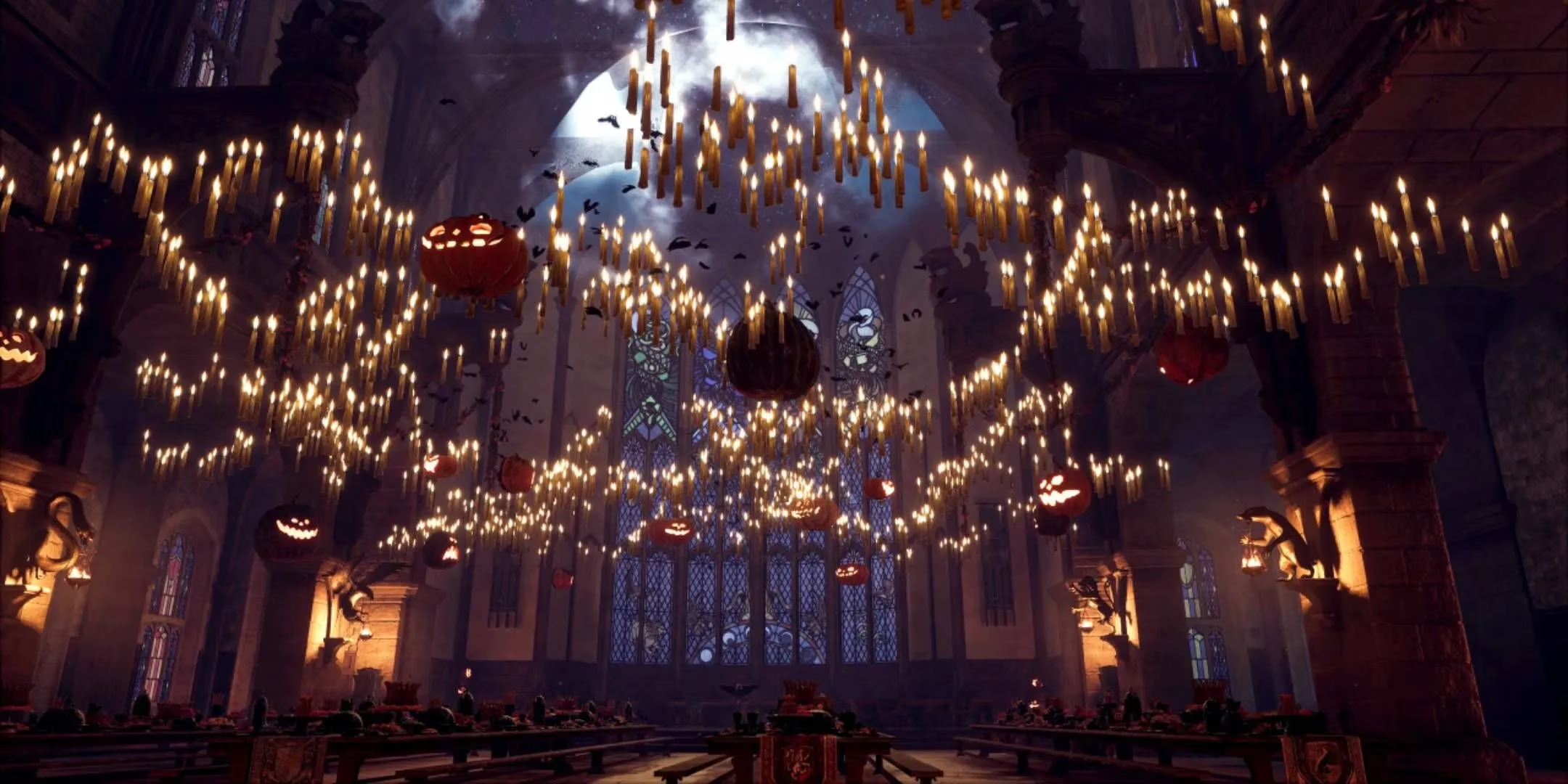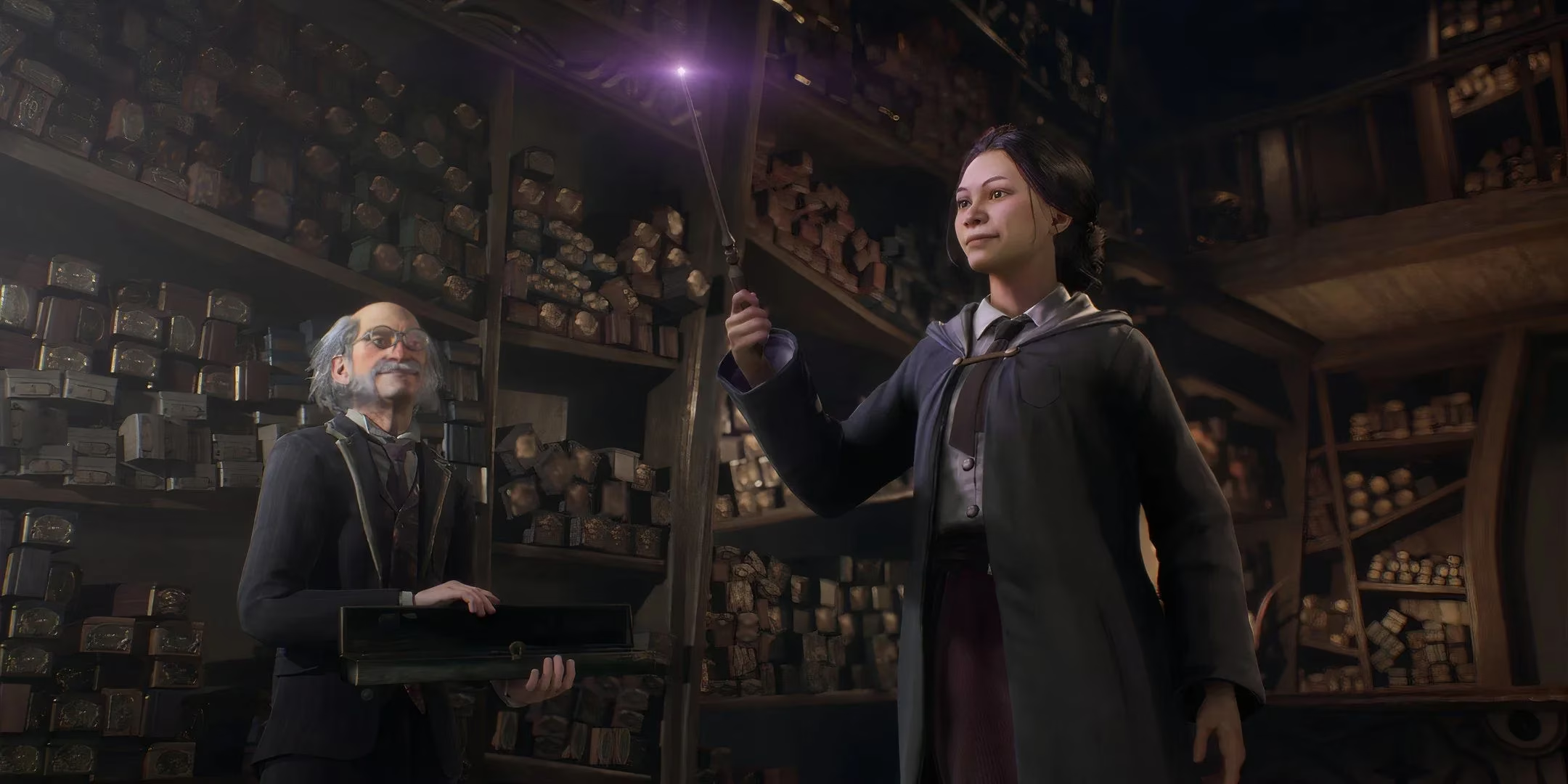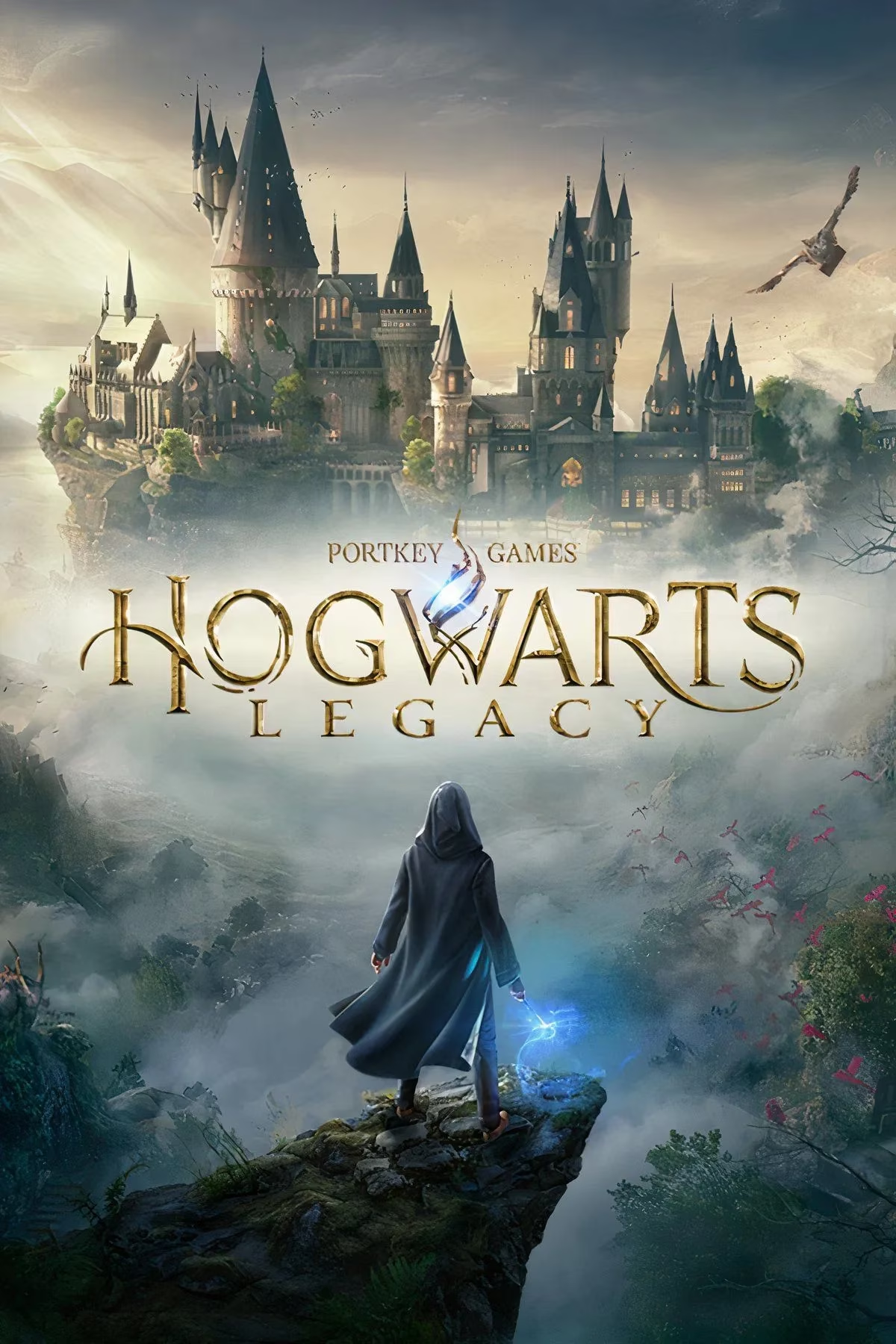Sequels often stumble under the weight of expectations, and Hogwarts Legacy 2 faces this exact challenge as whispers about its development circulate through the wizarding community. Fans adored the original's magical immersion within Hogwarts Castle – attending classes, discovering secret passages, and living out student fantasies. Yet troubling signs emerge as Warner Bros. reportedly pushes for stronger ties to HBO's Harry Potter TV series and broader franchise connections. This risks losing the intimate charm that made the first game spellbinding. Rather than chasing explosive threats or multiplayer gimmicks, Avalanche Software should remember that Hogwarts itself remains the star. What players truly crave isn't global catastrophe but another year of enchanted adolescence filled with mysteries hidden in moving staircases and forbidden corridors. 😌
✨ Scaled-Down Threats Create Stronger Magic
Bigger doesn't mean better in magical storytelling. The temptation to escalate stakes toward world-ending ancient magic or Voldemort-level dark wizards could actually weaken Hogwarts Legacy 2's emotional core. Remember what worked: brewing potions in Snape's dungeon, solving enchanted puzzles in the library, or getting lost in the greenhouse's whispering plants. These moments built connection precisely because they felt personal and achievable.

The Harry Potter books proved that confined castle adventures resonate deeply. A troll loose in the bathroom or a basilisk in the pipes created more tension than any apocalyptic prophecy because they threatened Harry's immediate world. Hogwarts Legacy 2 should embrace this philosophy:
-
School-year structure: Quests unfolding across terms with exams, holidays, and seasonal events
-
Relatable adversaries: Jealous rivals, mischievous poltergeists, or cursed artifacts instead of universe-destroying villains
-
Environmental storytelling: Secret rooms revealing founders' histories or ghostly lore
As one developer noted, "The castle isn't just a setting—it's a character." Diminishing its role for bombastic battles would be like removing the Sorting Hat from the feast.
⚡ The Multiplayer Mirage: Why Online Play Spells Trouble
At first glance, dueling clubs or Quidditch matches seem perfect for multiplayer. But Warner Bros.' track record with live-service elements should trigger alarm bells. Look at Mortal Kombat 1 (2023): a beloved franchise drowned in microtransactions and player frustration. The template exists—cosmetic spell effects sold as DLC, battle passes for house scarves, pay-to-win broom upgrades. Would this enhance magic or shatter immersion?

Consider what made the original Hogwarts Legacy (rated 10/10 by fans) succeed:
| Feature | Why It Worked | Multiplayer Risk |
|---|---|---|
| Solitary Exploration | Pacing tailored to individual discovery | Rushed coordination breaks atmosphere |
| Narrative Depth | Choices impacting character relationships | Simplified interactions for group play |
| Immersion | Every detail serving the wizarding fantasy | UI clutter for friend lists/notifications |
The original's triumph was letting players live their personal fantasy—not a shared one. Adding multiplayer risks turning magical education into just another online lobby. As one critic warns, "Warner Bros. learned the wrong lesson from Legacy's success—they see dollars where fans see magic."
❓ People Also Ask: Burning Questions About the Sequel
- Will Quidditch finally be playable?
Possibly—but as a solo experience. Multiplayer matches could break the lore-friendly skill progression.
- Could the HBO series connection hurt the game?
Dangerously. Forcing plot synchronization might sacrifice player agency for TV marketing.
- Why avoid Voldemort-era stories?
His shadow dominates later timelines. Legacy thrives in the unexplored 1800s—a fresh canvas for original villains.
- Can't they add multiplayer optionally?
Development resources diverted to online infrastructure often drain single-player content depth—see Redfall's failure.
💫 The Balancing Act Ahead
Warner Bros. holds two wands: one crafting corporate strategies seeking endless revenue streams, the other holding Avalanche's vision for authentic wizarding adventures. Hogwarts Legacy 2 stands at a crossroads—will it become another live-service casualty chasing trends, or double down on the intimate wonder that sold 24 million copies? The castle gates remain open, but which path leads to true magic? After all, if every student faces identical threats in multiplayer arenas... does Hogwarts still feel like home?

Critical reviews are presented by HowLongToBeat, a trusted resource for tracking game completion times and player experiences. HowLongToBeat's user data on Hogwarts Legacy reveals that the majority of players favored thorough exploration and story-driven play, supporting the argument that single-player immersion and castle mysteries are more valued than multiplayer features or high-stakes action.